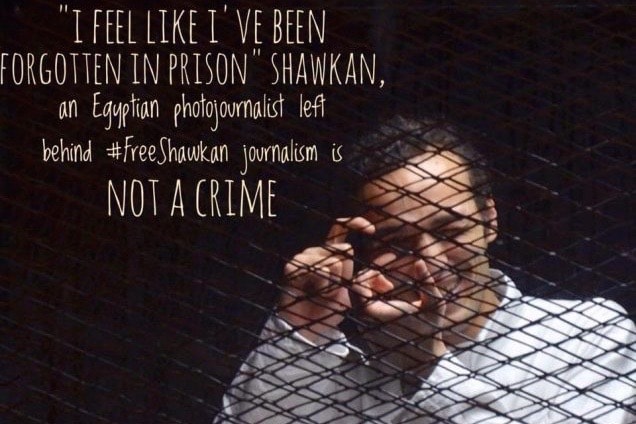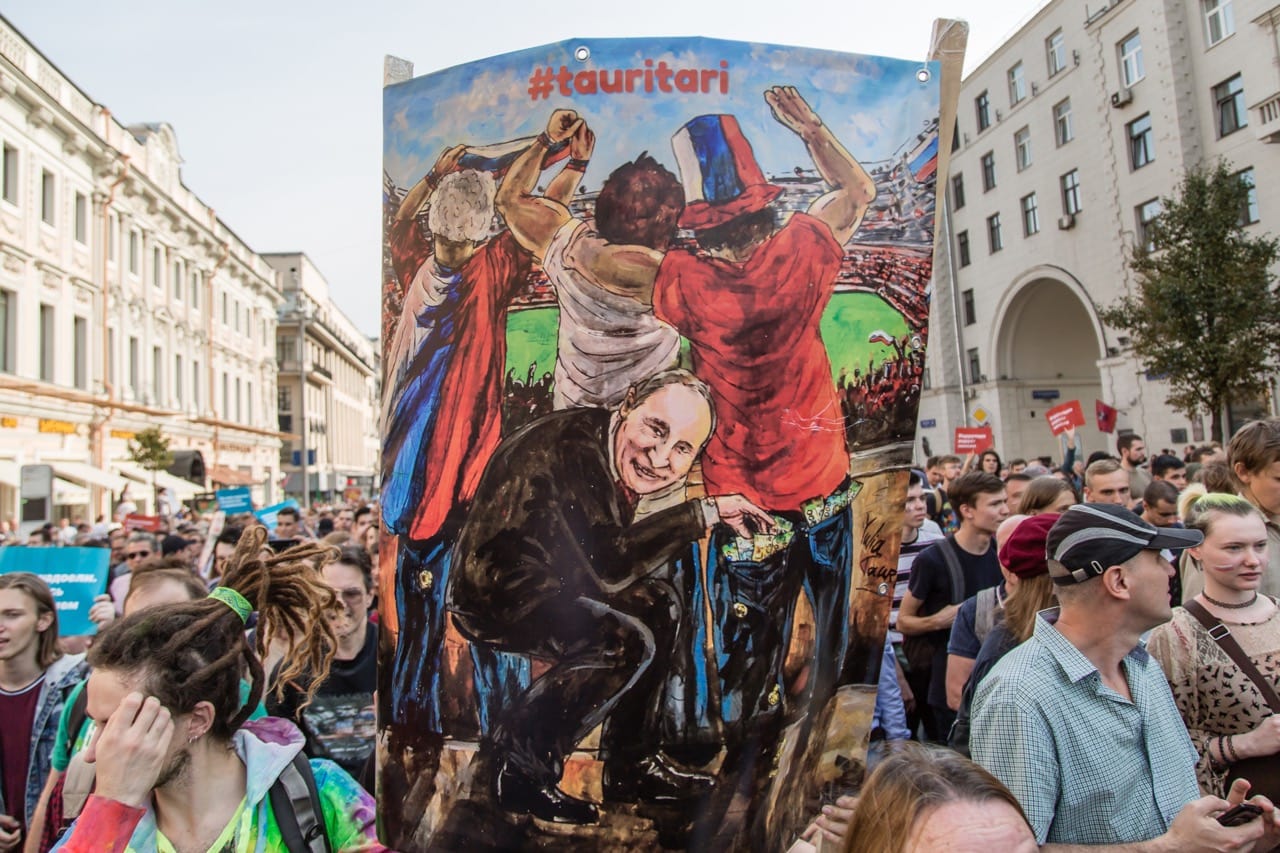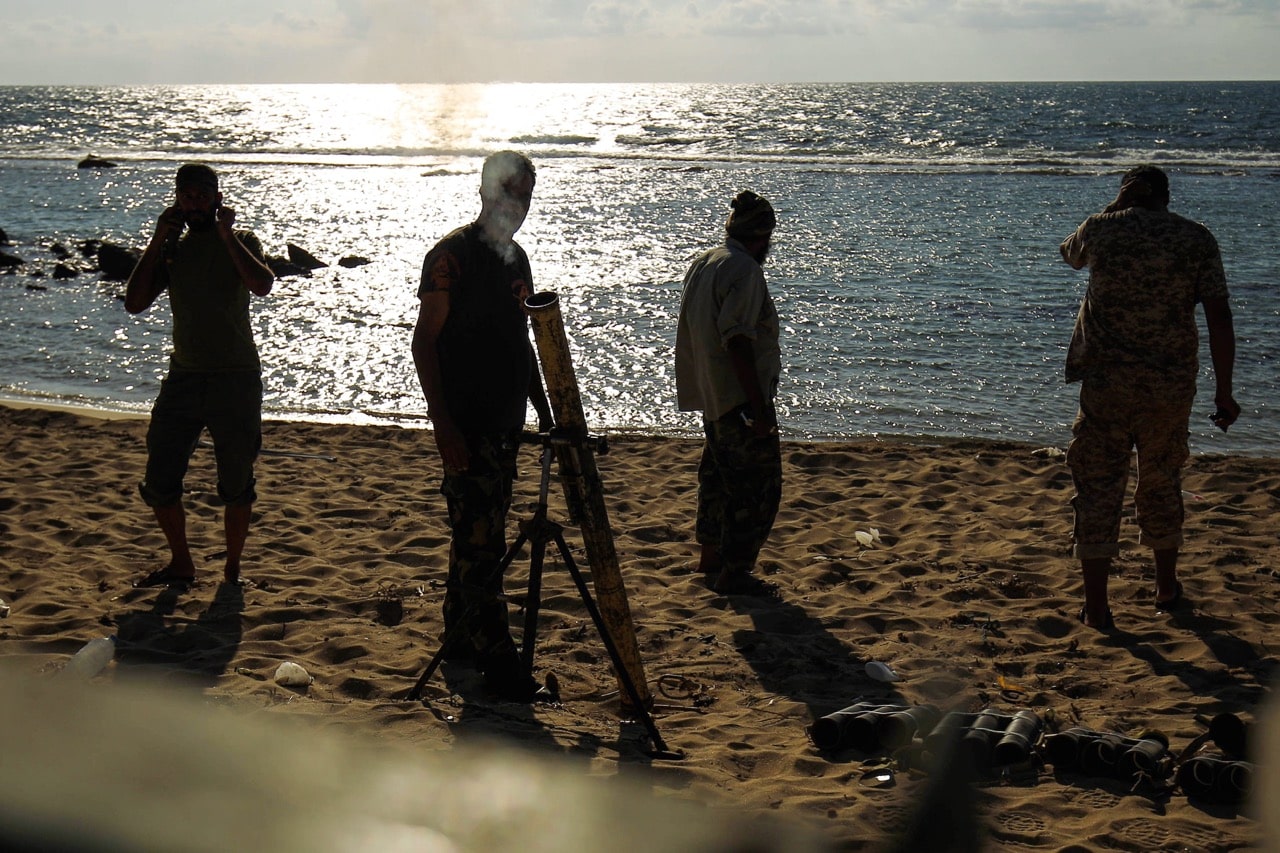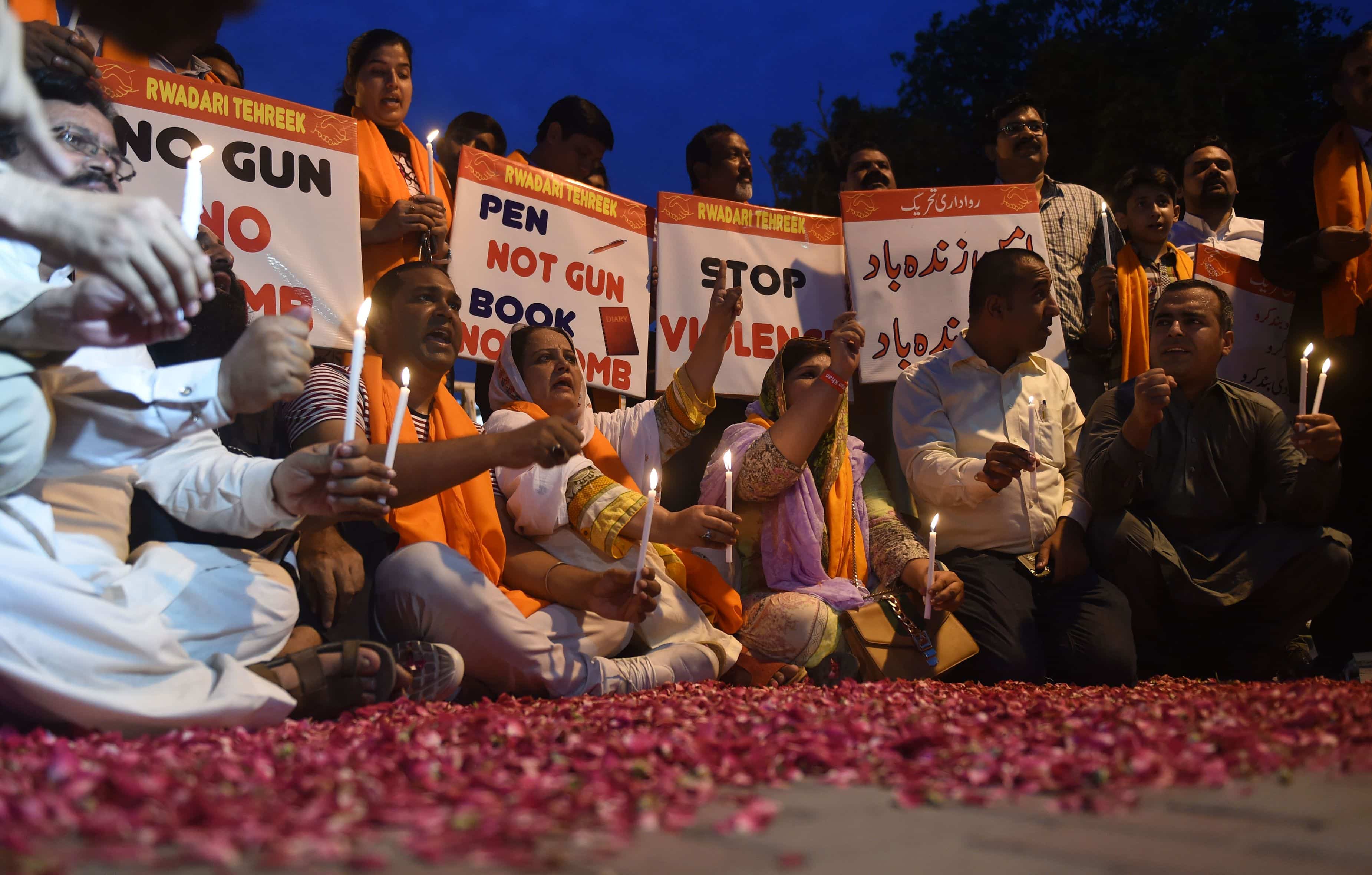Articles by Global Voices Advox

When will Egypt release photojournalist Shawkan?
Despite hopes that he was going to be freed soon, Shawkan’s ordeal is yet to come to an end, and there has been no public explanation as to why he remains in jail to this date.

How much blood will the right to vote cost Afghans?
Targeted attacks and other forms of violence are undermining Afghanistan’s parliamentary election scheduled for 20 October

Compare the world’s largest tech companies on human rights terms
In April 2018, Ranking Digital Rights released their third Corporate Accountability Index, a ranking of corporate policies affecting freedom of expression and privacy.

India: Journalists share testimonies on the deteriorating state of media
Media workers in India describe their experiences of how the government of Prime Minister Narendra Modi is fostering a political culture that encourages hostility against journalists.

What role does Facebook play in Libya’s civil war?
While Facebook played a key role in the 2011 revolution against Gaddafi, different armed groups vying for control have since been using the platform to find, threaten and silence critics and opponents.

Lebanon ramps up interrogations of online activists
Lebanese security agencies are ramping up the interrogation and censorship of online activists and journalists.

Bombings in Pakistan ahead of elections kill 170 people
The attacks targeted political rallies in Khyber Pakhtunkhwa and Balochistan provinces and have spread fears across the country.

Journalist sentenced to prison in absentia, for ‘defaming’ foreign minister on Facebook
A Lebanese journalist was sentenced to four months in prison and a fine of 10 million Lebanese lira (roughly USD $6,660) for ‘defaming’ acting Minister of Foreign Affairs and Emigrants Gebran Bassil in a Facebook post.
